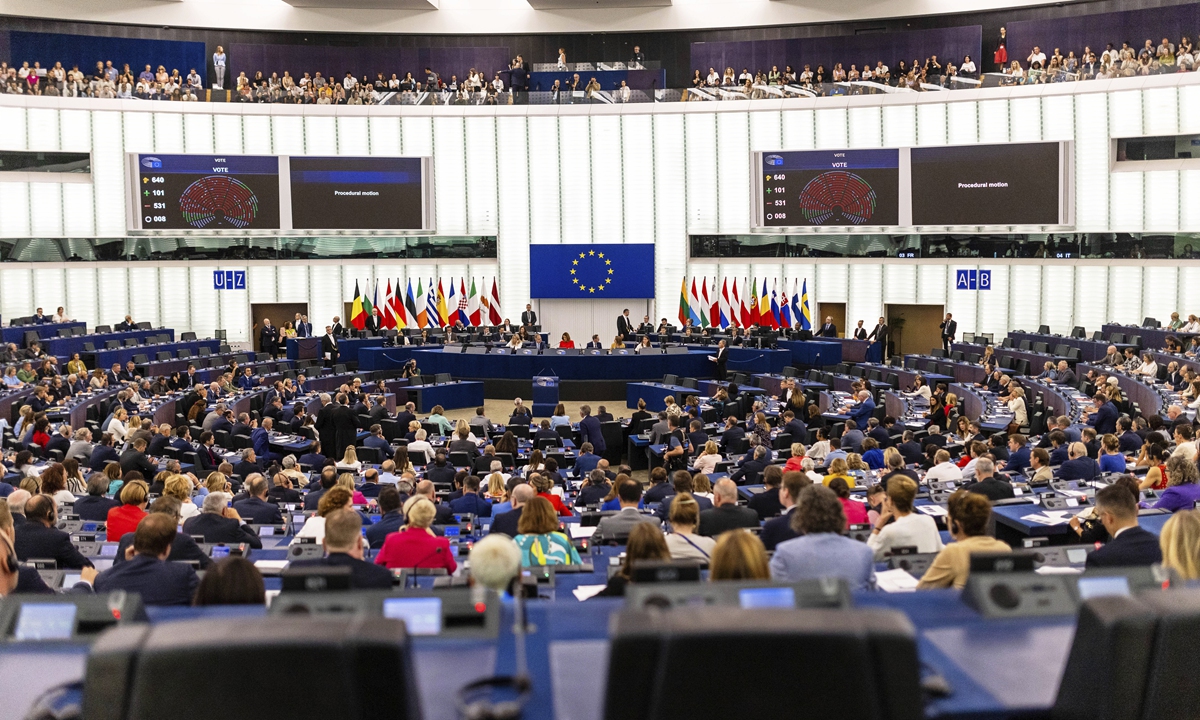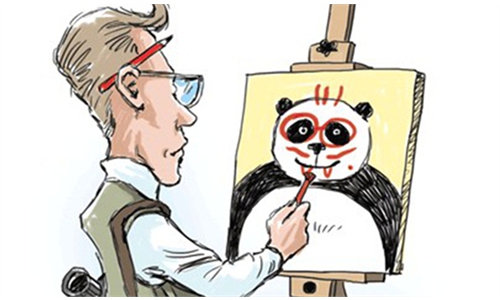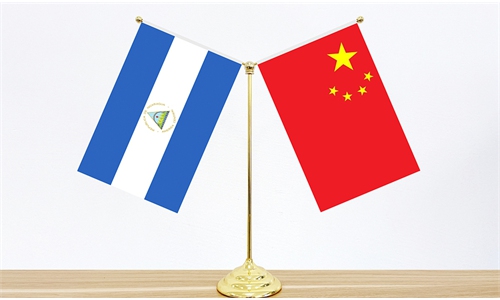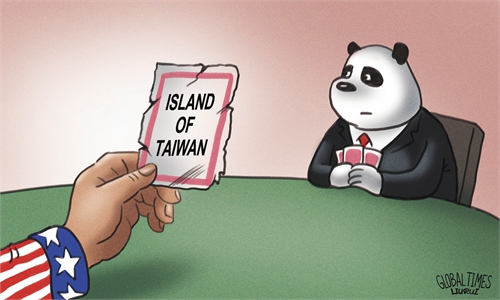
18 July 2024, France, Stra'burg: The result of a vote tabled by the Left Group to postpone the election of the EU Commission President can be seen on the screens in the plenary chamber of the European Parliament. The EU Parliament is voting on a second term of office for EU Commission President von der Leyen. Photo: VCG
On Thursday, the European Parliament convened a plenary session in Strasbourg, France, during which Ursula von der Leyen was re-elected as president of the European Commission. However, rather than the re-election of von der Leyen, the focus of international public opinion in recent days has been on her declaration before the European Parliament vote that if re-elected, she will seek "to deter China from unilaterally changing the status quo by military means, particularly over Taiwan." Currently, with von der Leyen officially re-elected, whether her provocative statement will become reality remains to be seen. It must be pointed out that von der Leyen's absurd remarks regarding China's internal affairs constitute blatant interference, which not only damages the credibility of the EU in international affairs, but also has a negative impact on China-EU relations, as well as the peace and stability in the Asia-Pacific region, and even the world.
As the president of the European Commission, von der Leyen's absurd China-related remarks expose her poor personal political character. She has repeatedly stated to the Chinese side that the EU has no intention to change its long-standing one-China policy, recognizes the government of the People's Republic of China as the sole legal government representing the whole of China, and hopes that the Taiwan Straits will maintain peace and stability. However, it was during her term that Europe continued to retreat on this position, taking provocative actions such as including content related to Taiwan in the joint communication on the Indo-Pacific in 2021 and issuing European Parliament's reports in February claiming that the Chinese mainland and Taiwan island are not subordinate to each other. Von der Leyen's latest comments are a dangerous continuation of her and the EU's dangerous behavior, setting a very bad precedent.
On the other hand, von der Leyen's absurd remarks on China are seriously inconsistent with her identity and responsibilities. In recent years, there have been continuous debates within the EU on its policy toward China. As the president of the European Commission, von der Leyen should be more cautious, rational, and responsible, playing a role in integrating different viewpoints and uniting the EU members, rather than making provocative remarks. Her identity as the president of the European Commission is not to seek attention or incite confrontation, and the Commission's responsibility is definitely not to interfere in the internal affairs of other countries.
Von der Leyen's performance in her previous term has received different evaluations from the outside world, but one widely recognized point is that she is often labeled as "pro-American" and a "China hawk." The "de-risking" approach toward China led by her has sparked great controversy and opposition within the EU, particularly evident in the process of imposing tariffs on Chinese electric vehicles. A few days ago, sources with knowledge revealed that in a non-binding vote among the 27 EU member states on the merits of EU tariffs on imports of China-built electric vehicles, four voted against the tariffs and 11 abstained. The increasing internal divisions within the EU have made it difficult to effectively constrain the power of the president of the European Commission, increasing the risks in EU decision-making toward China. This is bad news for the normal development of China-EU relations.
There will be quite a lot for von der Leyen to deal with in her upcoming term. Her own declarations and policy proposals cover many aspects including strengthening EU defense, housing, agriculture, industrial digital technology, strategic technology, talent investment, and so on. On top of that, thorny issues such as EU internal divisions, immigration problems, how the first term's European Green Deal, which was met with high expectations, will continue, how to coordinate relations among EU institutions as well as between EU institutions and member states, are all waiting for von der Leyen to address. A member of European Parliament likened von der Leyen's list of promises to "a European Christmas tree." With the addition of the Taiwan question, it is actually like feeding the EU a poisoned apple.
The EU is an important international organization, and its understanding of and policymaking toward China have a crucial impact on the development of China-EU relations, and even on global prosperity and stability. China and the EU do not have fundamental conflicts of interest; cooperation outweighs competition, and consensus outweighs differences. From this perspective, as China and the EU prepare to celebrate the 50th anniversary of the establishment of diplomatic relations next year, it's hoped that EU institutions and officials, including von der Leyen, will establish a correct understanding of China, formulate proactive policies toward China, and work hand in hand with China to make greater contributions to maintaining global peace and security.



